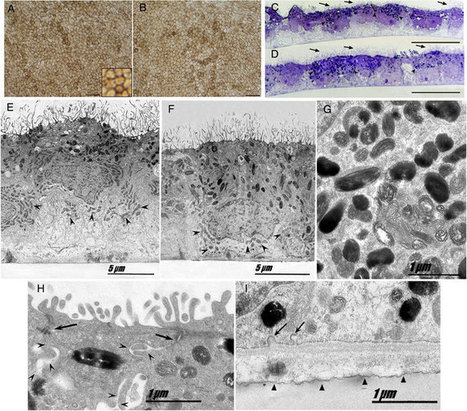Research and publish the best content.
Get Started for FREE
Sign up with Facebook Sign up with X
I don't have a Facebook or a X account
Already have an account: Login
 Your new post is loading... Your new post is loading...
 Your new post is loading... Your new post is loading...
|
|












In this study, the authors report successful generation of human induced pluripotent stem cells (iPSC) from skin fibroblasts of a patient harboring a novel Ser331Cysfs*5 mutation in the MERTK gene. Upon differentiation of these iPSC towards RPE, patient-specific RPE cells exhibited defective phagocytosis, a characteristic phenotype of MERTK deficiency observed in human patients and animal models.
This cellular model allows to investigate in detail the disease mechanism, explore screening of a variety of therapeutic compounds/reagents and design either combined cell and gene- based therapies or independent approaches.
www.geg-tech.com/Vectors